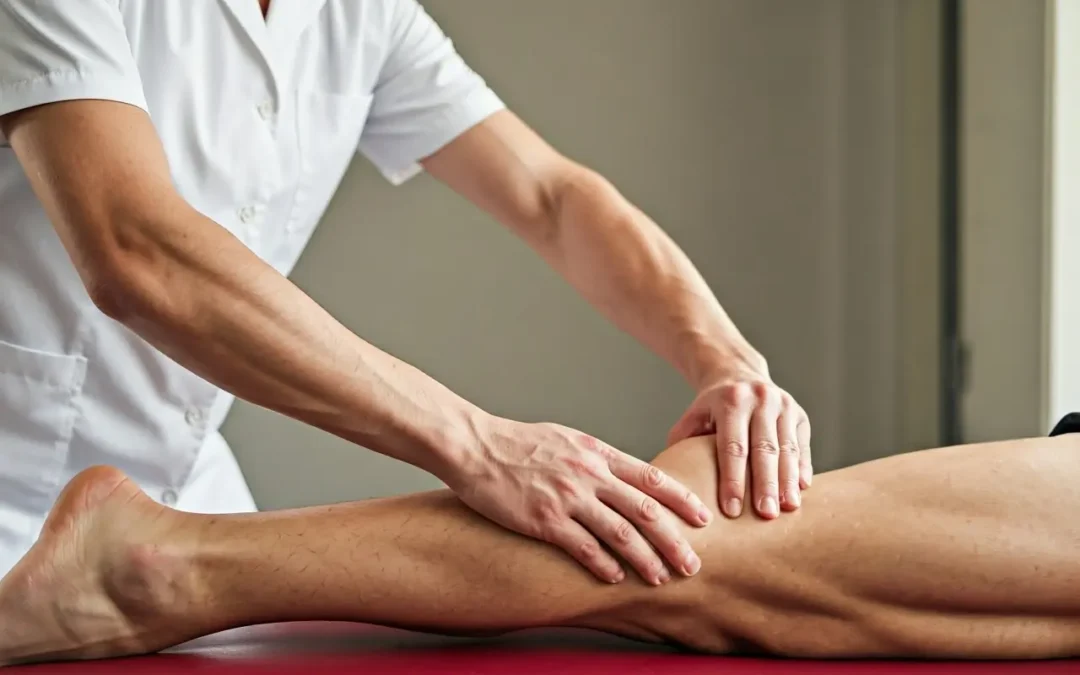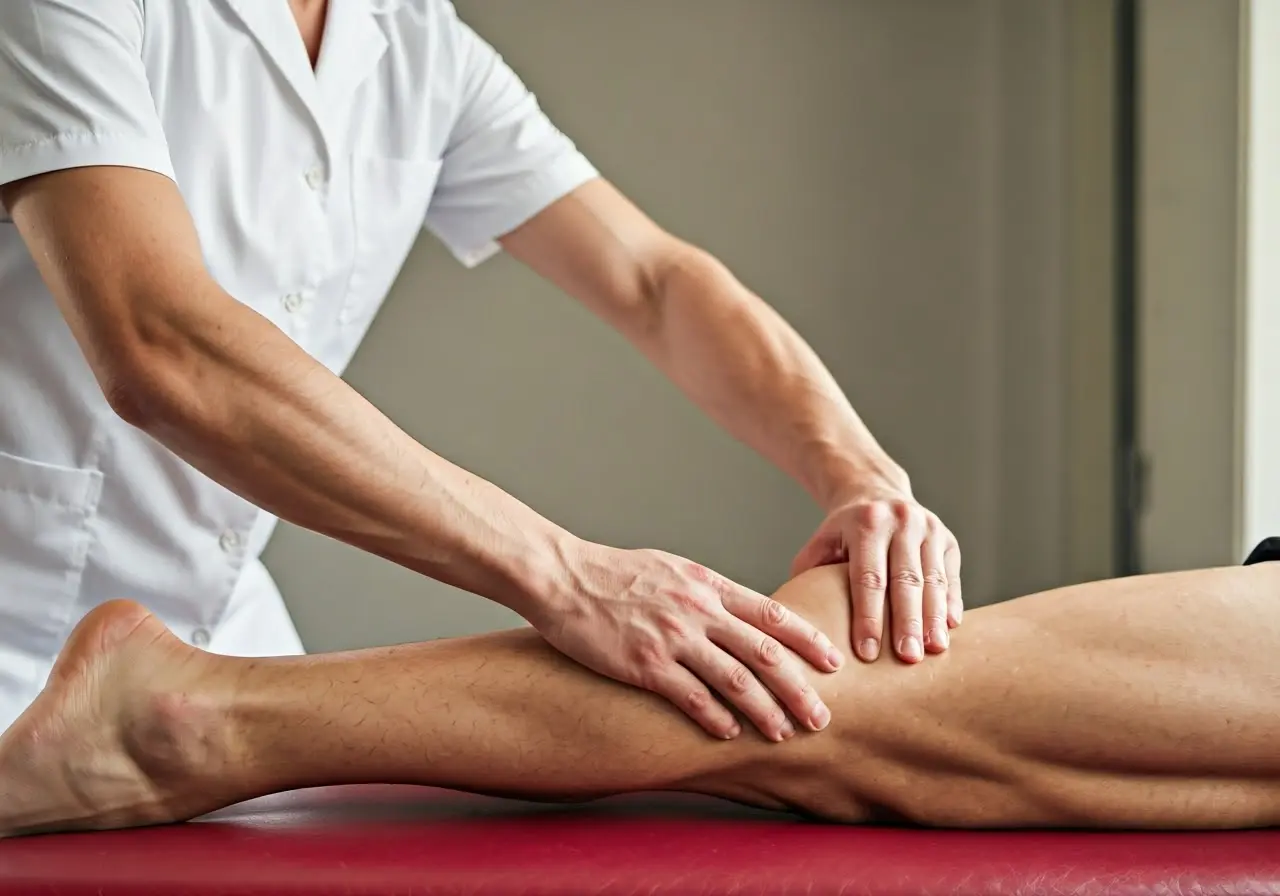Functional massage therapy is a popular choice among athletes for speeding up recovery and enhancing performance. But what exactly makes it so effective? In this blog, we’ll explore the key benefits and how they contribute to faster recovery post-sports activities.
What is Functional Massage Therapy?
Functional massage therapy is a specialized technique that targets specific muscles and connective tissues used during athletic activities. This form of massage aims to improve overall muscle function and aid in quicker recovery.
Unlike traditional massages that might focus more on relaxation, functional massage therapy is tailored to the needs of athletes. This allows it to effectively address the unique stresses and demands placed on the body during sports and intense physical activities.
Functional massage isn’t just about addressing aches and pains—it’s also a proactive approach to prepare your muscles for upcoming performance. Techniques such as effleurage, petrissage, and deep transverse friction massage are specifically utilized to enhance muscle function and resiliency.
How Does It Reduce Muscle Soreness?
One of the primary benefits of functional massage therapy is its ability to reduce muscle soreness. By applying targeted pressure, it helps to eliminate lactic acid build-up and promote faster muscle repair.
According to a study, massage therapy can alleviate Delayed Onset Muscle Soreness (DOMS), which peaks 48-72 hours after exercise. This is crucial for athletes who need to maintain a regular training schedule without being sidelined by soreness and stiffness.
The process of massage increases blood and lymph flow to the affected muscles, which helps clear away the biochemical markers of muscle damage. This is significant because muscle soreness doesn’t seem to respond well to medication or rest alone.
By reducing the severity of muscle soreness, functional massage therapy allows athletes to resume their training with minimal disruption, making it an essential part of their recovery strategy.
Enhancing Blood Circulation
Improved blood circulation is another major advantage. Enhanced circulation helps deliver essential nutrients and oxygen to fatigued muscles, accelerating the healing process.
When blood circulation improves, it also aids in the removal of metabolic waste products like lactic acid. This is vital for muscle function and repair, ensuring that muscles recover faster and more effectively.
Enhanced circulation not only helps in quicker recovery but also contributes to overall muscle health, which is crucial for maintaining an athlete’s performance standards.
Whether you are a professional athlete or a casual gym-goer, better blood circulation provided by functional massage therapy can help you maintain muscle integrity and performance.
Additional benefits include reducing muscle fatigue which often plagues athletes after an intense workout or competition, thereby boosting their endurance and strength capabilities.
Can It Alleviate Stress and Anxiety?
Yes, functional massage therapy can also alleviate stress and anxiety. Through gentle manipulation of tissues, it activates the body’s relaxation response, helping athletes stay mentally focused and calm.
Stress and anxiety are often overlooked in discussions about athletic recovery. However, they play a significant role in an athlete’s overall performance. By reducing mental stress, athletes can concentrate better and improve their focus during training and competitions.
Functional massage therapy has been shown to lower cortisol levels, the body’s primary stress hormone, while boosting the production of endorphins. This combination fosters a sense of well-being and relaxation, essential for recovery.
In addition, the sense of relaxation achieved through massage often leads to better sleep patterns. Quality sleep is another critical component of effective recovery.
By offering mental and physical relaxation, functional massage therapy creates a holistic approach to recovery that addresses all aspects of an athlete’s well-being.
Preventing Injuries
Regular sessions of functional massage therapy can help in preventing injuries. By improving flexibility and reducing muscle tension, athletes are less likely to suffer from strains and sprains.
Flexibility and range of motion are critical for athletes. Stiff muscles are more prone to injuries, and regular massage helps keep them supple and resilient.
According to a study, incorporating massage therapy into your fitness routine not only helps in faster recovery but also in injury prevention. Massages ensure that the muscles and joints are in optimal condition.
Additionally, addressing minor aches and tightness before they become significant issues is another preventive benefit of regular massage. This proactive approach ensures that small problems do not escalate into larger, performance-impairing injuries.
Injuries can often lead to downtime and hinder an athlete’s progress. By maintaining muscle health through regular massage, athletes can sustain their training regimen without interruption.
Achieving Optimal Recovery with Functional Massage Therapy
Functional massage therapy offers a myriad of benefits for athletes looking to recover swiftly and boost their performance. From reducing muscle soreness and improving blood circulation to alleviating stress and preventing injuries, functional massage therapy serves as a multifunctional tool in an athlete’s recovery toolkit.


